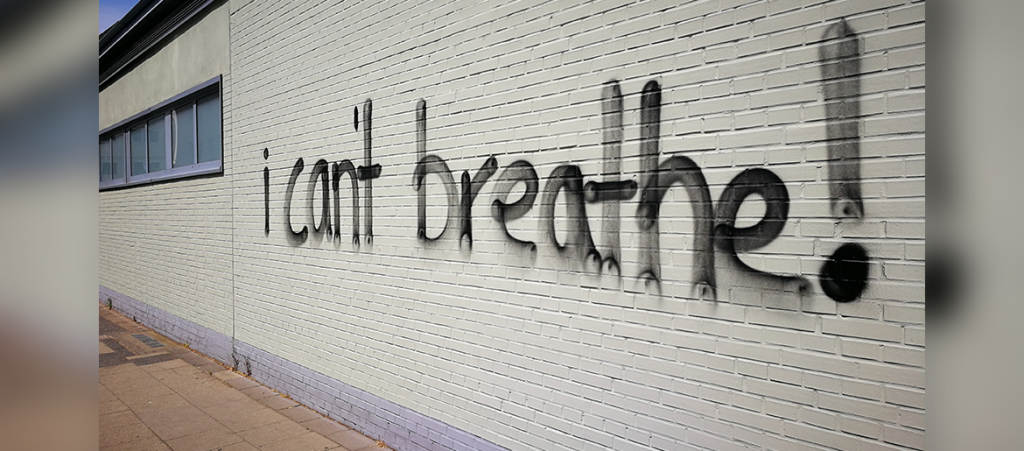
The trial of Derek Chauvin, the Minneapolis police officer accused of murdering George Floyd in May 2020, is over. A 12-person jury has found him guilty of all three charges — second- and third-degree murder, and second-degree manslaughter. To help you understand what this Derek Chauvin trial verdict means, here’s a quick recap of the month-long trial.
This trial will go down as one of the biggest in recent U.S. history.
What is the jury’s verdict?
After less than 12 hours of deliberation, the jury found Chauvin guilty of all three charges. In Minnesota criminals are sentenced on the most serious charge – the sentences cannot be ‘stacked’ for multiple charges. There is a minimum sentence of 12.5 years for second-degree murder (as Chauvin is a first time offender), but the judge may take ‘aggravating factors’ into consideration to give a longer sentence.
Chauvin will be sentenced at a later date, in about eight weeks, by presiding Judge Peter Cahill.
What are the charges?
Chauvin is charged with second-degree unintentional murder (also called ‘felony murder’), third-degree murder, and second-degree manslaughter. Each charge is slightly different.
Second-degree murder means the accused killed the victim while committing another felony, like an assault. In Chauvin’s case, the prosecutors allege that he used unreasonable force going beyond the actions of a police officer and into the territory of assault. This has a maximum sentence of 40 years.
Third-degree murder means the accused killed the victim by taking actions that show a reckless disregard for life. In Chauvin’s case, prosecutors argue that his improper application of restraint technique (using force on the neck of a handcuffed person, holding for too long, etc) were dangerous and caused Floyd’s death. This has a maximum sentence of 25 years.
Manslaughter means that the accused displayed negligence that caused the victim’s death – in this case, failing to provide medical care after Floyd was unconscious (before paramedics arrived). This has a maximum sentence of 10 years.
None of these charges require that prosecutors prove the accused person had ‘intent to kill’. They only need to prove that the actions taken caused the victim’s death.
The prosecutor’s final comments to the jury in the trial of Derek Chauvin:
— Josh Campbell (@joshscampbell) April 19, 2021
You were told that Mr. Floyd died because his heart was too big, but “the truth of the matter is the reason George Floyd is dead is because Mr. Chauvin’s heart was too small.” pic.twitter.com/4JD1t4Nd5Y
Summary of the prosecutors’ arguments
Prosecutors Steve Schleicher and Jerry Blackwell argued that Derek Chauvin’s actions were a ‘substantial’ factor in causing Floyd’s death, and that he used an ‘unreasonable’ level of force.
They have put forward the case that Floyd died from asphyxiation caused by Chauvin’s method of restraint – a knee in the neck. They have argued it is an unreasonable use of force due to the fact that Floyd was already handcuffed, and it was not something that Minneapolis police officers had been trained to do.
Related Posts
Summary of Chauvin’s defense
To clear Chauvin, his defense lawyer Eric Nelson argued two things:
- There is reasonable doubt about whether Chauvins’ actions caused Floyd’s death
- Chauvin used a ‘reasonable’ amount of force given the situation
To make this argument, Nelson questioned medical witnesses about whether other underlying health factors could have caused Floyd’s death – mainly heart disease and the presence of drugs (fentanyl and methamphetamine) in his system.
Nelson also pointed to the risk caused by the crowd of bystanders and Floyd’s allegedly unruly behaviour prior to being restrained as important factors in the amount of force Chauvin used and his ability to provide medical attention.
However, in his closing arguments Nelson said: “Officers are human beings capable of making mistakes in highly stressful situations.” Some see this as an admission that Chauvin is at fault. The defense team has been criticised throughout for poor performance.
What happens next?
Judge Cahill will sentence Derek Chauvin at a later date.
There’s also the likelihood of an appeal. The Derek Chauvin trial has, understandably, been all over the news and recent comments by Democratic Congresswoman Maxine Waters (“we’re looking for a guilty verdict”) saw the defense lawyers file for a mistrial on Monday. They argued that Waters might influence the jury. Judge Cahill did not grant the mistrial, but did say the comments might set up the defense team to appeal a guilty verdict.



